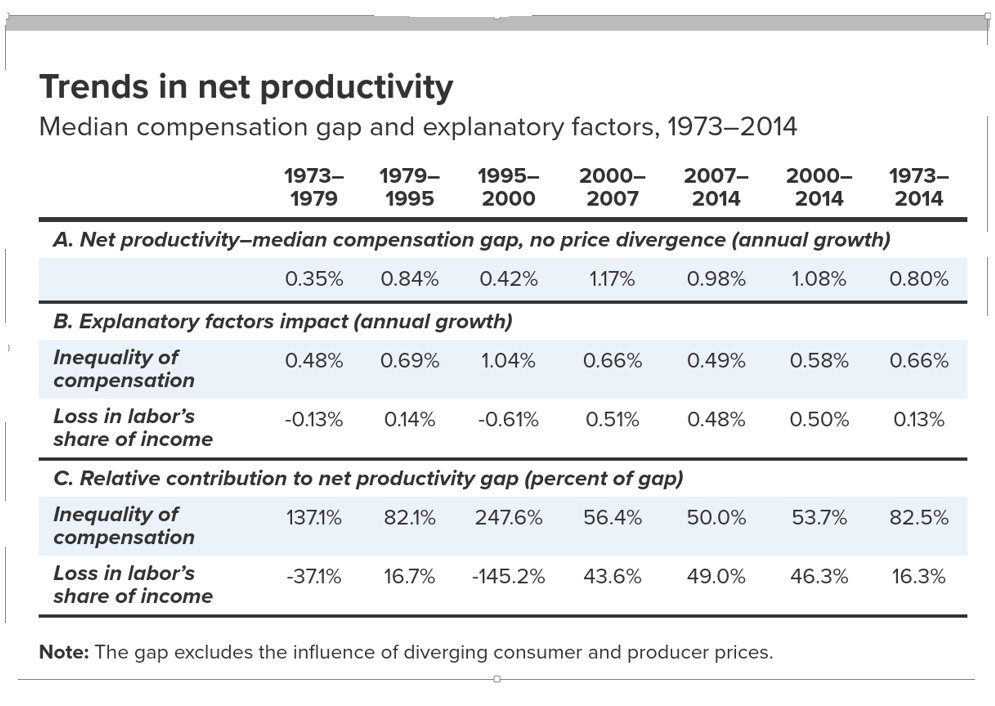Some comments to see if clarification of terminology, what's to be explained, and policy implications can reveal common ground, or not. @Econ_Marshall @hshierholz @joshbivens_DC @jschmittwdc @snaidunl @arindube @profsheena @brian_callaci @sanjuktampaul @annastansbury @robseamans
@AbigailWozniak @mioana . I have learned from all of you. First on terminology. As you know, I dislike the term 'monopsony' as used to describe 'employer power'. I like to reserve for being 'labor concentration'. I believe there's not been problematic rise in labor concentration
but maybe there's new evidence. Regardless, I certainly oppose any further concentration. Similarly, I have not seen evidence of rising product market concentration, what I call 'monopoly'. Set aside the the big five techie firms: I'm no expert and concerned about their power.
I would distinguish btw employer/corporate power affecting workers from product market concentration--not a major force--from fissuring and buyer power (a la Wilmers)--which are forces. This would also be where I imagine antitrust/joint employer policies can help.
Just because I don't see monopoly (prod mkt concentration) as driving wage suppression and inequality doesn't mean that restoring proper antitrust policy isn't important and useful
I also find that papers and conversations do not adequately clarify whether the focus is on wage suppression/stagnation or labor's share or wage inequality. My focus has always been on wage suppression, which has been caused by declining labor share and growing w inequality,
@joshbivens_DC and I have provided decomp and find w inequality most important but labor share increasingly important
It'd help me if people were clear as to what they are trying to explain. I've been very frustrated by Superstars paper which focuses on labor share being described as explaining inequality
There's an issue of timing that isn't clarified either in discussions. Fissuring is important but I think it developed in mid-90's, right? It can't explain the large growth of wage inequality 1979-95. Probably same with 'buyers power'. WalMart, etc.
So, yes, employers have organized themselves in ways that increase their power--fissuring and buyer power (vs other firms as suppliers). Antitrust and other policies needed. Worker power has eroded substantially because of excessive unemployment, weakened labor standards, and...
globalization and decimated unionism. These issues must be addressed as well, and I believe play a larger role in suppressing wages and benefits and job quality and driving wage inequality. Happy to learn more from you all.

 Read on Twitter
Read on Twitter


